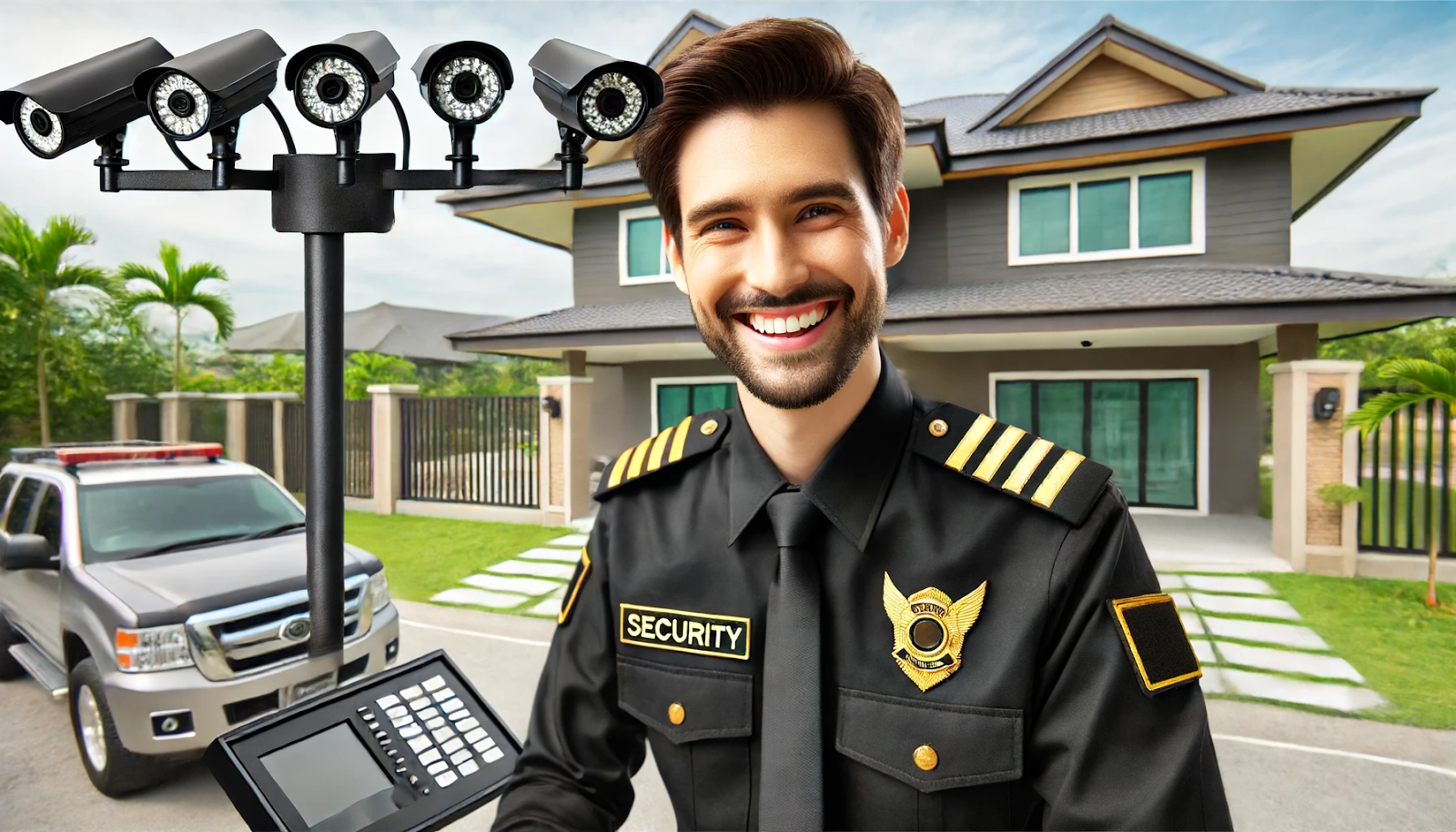Security as a Service (SaaS) has emerged as a game-changer for property managers, chief security officers, and security company hiring managers. This model, leveraging cloud-based security solutions, provides an array of benefits while addressing common security concerns. Here’s an overview of what SaaS entails, its benefits, and what security professionals should consider when implementing it.
What is Security as a Service?
Security as a Service (SaaS) is a model where security solutions are delivered over the internet, often on a subscription basis. Instead of traditional on-premise security systems, SaaS provides a more flexible, scalable, and cost-effective approach to managing security needs. This model includes various services such as:
- Threat detection and response: Identifying and mitigating security threats in real-time.
- Identity and access management (IAM): Ensuring that only authorized individuals can access certain systems or data.
- Security Information and Event Management (SIEM): Collecting and analyzing security-related data to detect and respond to potential threats.
- Encryption: Protecting data both in transit and at rest.
Benefits of SaaS
Cost-Effectiveness
One of the most significant advantages of SaaS is cost savings. Traditional security systems require substantial upfront investments in hardware and software, as well as ongoing maintenance costs. SaaS eliminates these expenses by offering a subscription-based model that spreads the cost over time.
Scalability
SaaS solutions can easily scale to meet the changing needs of a business. Whether you’re expanding to new locations or experiencing fluctuating security demands, SaaS can adjust without the need for significant infrastructure changes.
Flexibility
With SaaS, security services can be tailored to specific needs. This flexibility allows property managers and security officers to choose the services that best suit their unique requirements.
Accessibility
SaaS solutions are accessible from anywhere with an internet connection. This is particularly beneficial for property managers and security officers who need to monitor multiple locations or manage security remotely.
Continuous Updates
SaaS providers handle all updates and patches, ensuring that the security systems are always up-to-date with the latest protections. This reduces the burden on in-house IT staff and ensures that the system is protected against emerging threats.
Considerations for Security Professionals
Data Privacy and Compliance
While SaaS offers numerous benefits, it also introduces concerns about data privacy and compliance. Security professionals must ensure that the SaaS provider complies with relevant regulations and standards, such as GDPR or HIPAA.
Vendor Reliability
Choosing a reliable SaaS provider is crucial. Security professionals should evaluate potential vendors based on their track record, customer reviews, and the robustness of their security measures.
Integration with Existing Systems
For businesses with existing security infrastructure, it’s essential to ensure that the new SaaS solution integrates seamlessly. Compatibility issues can lead to gaps in security coverage or operational inefficiencies.
Customization Options
Each business has unique security needs. It’s important to select a SaaS provider that offers customizable solutions to meet specific requirements.
Service Level Agreements (SLAs)
SLAs define the level of service you can expect from the provider, including uptime guarantees and response times for support issues. Security professionals should carefully review SLAs to ensure they meet their operational needs.
Training and Support
Implementing a new security solution often requires training for staff. Look for SaaS providers that offer comprehensive training programs and ongoing support to ensure smooth adoption and effective use of the service.
FAQs
Q: How does SaaS differ from traditional security solutions?
A: SaaS is cloud-based and subscription-based, offering flexibility, scalability, and cost savings compared to traditional on-premise systems.
Q: Is SaaS suitable for small businesses?
A: Yes, SaaS is scalable and can be tailored to meet the needs of businesses of all sizes, including small businesses.
Q: What should I look for in a SaaS provider?
A: Key factors include compliance with regulations, vendor reliability, customization options, and comprehensive SLAs.
Q: How does SaaS handle updates?
A: SaaS providers manage all updates and patches, ensuring that the security system is always up-to-date with the latest protections.
Q: Can SaaS integrate with my existing security systems?
A: Many SaaS solutions offer integration capabilities, but it’s important to verify compatibility with your current infrastructure.
Q: What are the common services provided under SaaS?
A: Common services include threat detection and response, identity and access management, SIEM, and encryption.
By understanding the benefits and considerations of SaaS, property managers, chief security officers, and security company hiring managers can make informed decisions to enhance their security posture.
.png)
.png)
.png)

.png)
.png)

.png)
.png)
.png)
.png)
